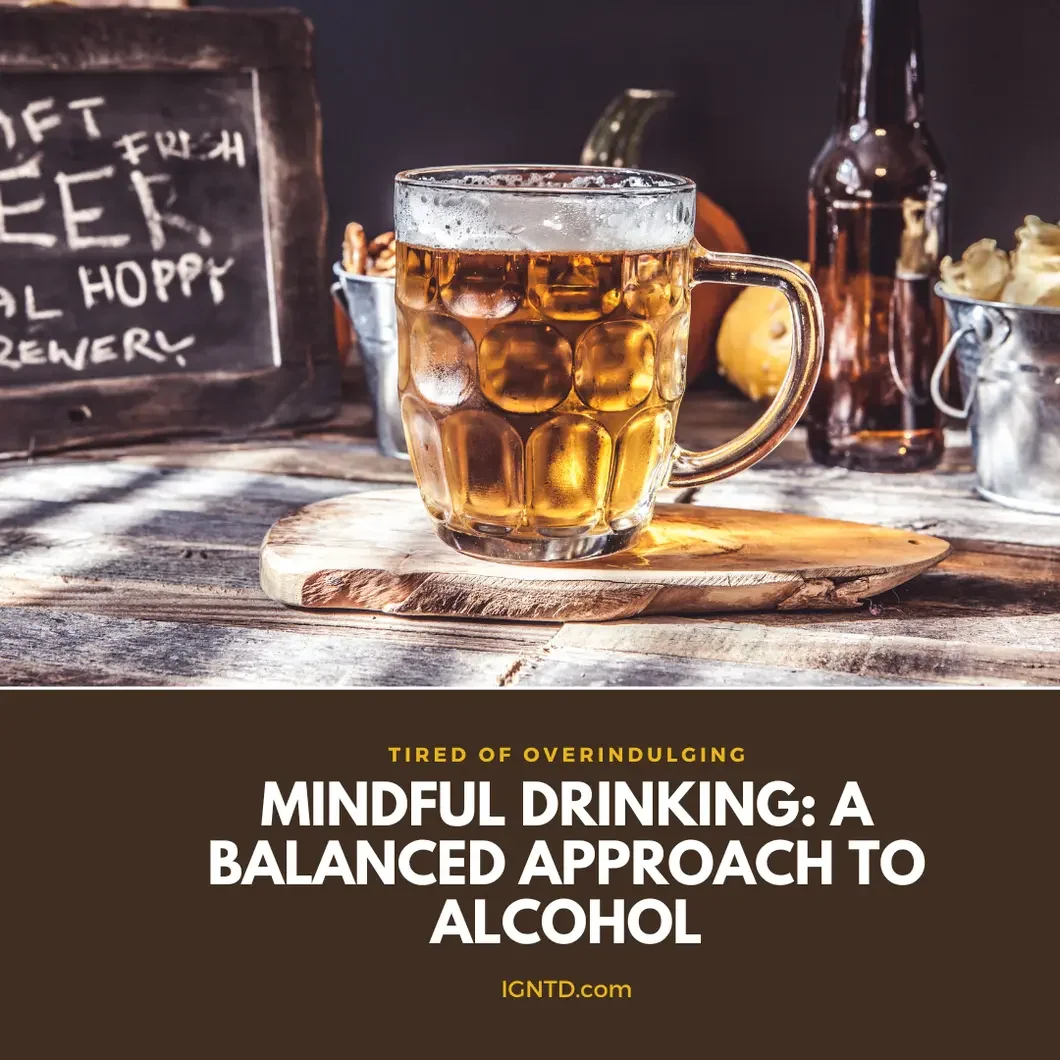Giving up alcohol is one of the most significant things you will ever do for your general well-being, relationships, and health. Reducing or quitting alcohol is a very personal journey that requires a combination of supportive and motivating techniques. This will vary over the health advantages of quitting alcohol and provide helpful tips on accomplishing this important goal.

Advantages of Quitting Alcohol
Acknowledging the many benefits of alcohol withdrawal is essential before getting into the how-to. The following are examples of positive changes in the body, mind, and emotions:
- Improved Physical Health: Alcohol is hard on your body, affecting everything from your liver to your heart and immune system. Quitting drinking can reduce your risk of developing alcohol-related diseases, such as liver cirrhosis, heart disease, and certain cancers. Additionally, many people experience weight loss, better sleep, and increased energy levels after they stop drinking.
- Enhanced Mental Clarity: Alcohol is a depressant, meaning it can contribute to feelings of anxiety, depression, and general mental fog. By quitting, you may notice improved mood stability, clearer thinking, and a greater ability to handle stress.
- Better Relationships: Alcohol can strain relationships, leading to misunderstandings, conflicts, and even abuse. By eliminating alcohol from your life, you may find that your relationships improve as you become more present, reliable, and emotionally available.
- Financial Savings: Drinking can be expensive. The money you save by not buying alcohol can be redirected towards other areas of your life, such as hobbies, travel, or savings.
- Increased Self-Esteem: Successfully quitting alcohol is a major accomplishment that can boost your self-esteem and confidence. You’ll likely feel proud of your ability to take control of your life and make healthier choices.

Practical Steps to Quit Drinking Alcohol
Quitting drinking is a process that involves both preparation and ongoing commitment. Here’s a step-by-step guide to help you navigate the journey:
Set Clear Goals
Decide whether you want to quit entirely or simply reduce your alcohol consumption. Be specific about your goals, such as how many days a week you plan to stay alcohol-free or the maximum number of drinks you’ll allow yourself.
Write down your reasons for quitting, such as improving your health, saving money, or being a better role model for your children. Keep this list handy as a reminder of why you’re making this change.
Identify Your Triggers
Pay attention to the situations, emotions, or people that make you want to drink. Common triggers include stress, social events, or even certain times of the day.
Once you’ve identified your triggers, develop strategies to cope with them without alcohol. For example, if stress is a trigger, consider engaging in relaxation techniques like deep breathing, meditation, or exercise.
Seek Support
Quitting alcohol is easier when you have a strong support system. Share your decision with trusted friends or family members who can encourage you and hold you accountable.
Consider joining a support group, such as Alcoholics Anonymous (AA) or a similar program. These groups provide a safe space to share your experiences and learn from others who are also on the journey to sobriety.
Find Healthy Alternatives
Replace alcohol with healthier activities that provide a sense of enjoyment and fulfillment. This might include exercising, picking up a new hobby, or spending more time with loved ones.
Experiment with non-alcoholic beverages, such as sparkling water with a splash of fruit juice, herbal teas, or alcohol-free mocktails. Having a satisfying alternative on hand can make social situations easier.
Plan for Challenges
Understand that quitting alcohol is not always a smooth journey. You may experience cravings, especially in the early days of sobriety. It’s important to have a plan in place for how you’ll handle these moments.
Practice saying “no” in social situations where alcohol is present. You might want to rehearse polite ways to decline a drink, such as, “No thanks, I’m taking a break from alcohol.”
Celebrate Your Progress
Quitting alcohol is a significant achievement, so celebrate your milestones along the way. Reward yourself for reaching certain goals, whether it’s a week, a month, or a year without alcohol.
Reflect on how far you’ve come and the positive changes you’ve noticed in your life since quitting. This reflection can reinforce your commitment to staying alcohol-free.

Dealing with Relapses
Realizing that setbacks are common and that a relapse does not always imply failure is crucial. If you do indulge in alcohol, be gentle to yourself. Instead, see it as a chance to learn. Ascertain the reason for the relapse and adjust your strategies accordingly to prevent it from occurring again. Remember that achieving sober is not always simple and that persistence is necessary.
At Last,
Quitting drinking is a courageous decision that can lead to a healthier, happier, and more fulfilling life. While the journey may be challenging, the rewards are well worth it. By setting clear goals, seeking support, and staying committed, you can successfully quit alcohol and enjoy the countless benefits that come with sobriety. At Igntd.com, we’re here to support you every step of the way on your path to a brighter, alcohol-free future.


Leave a Comment